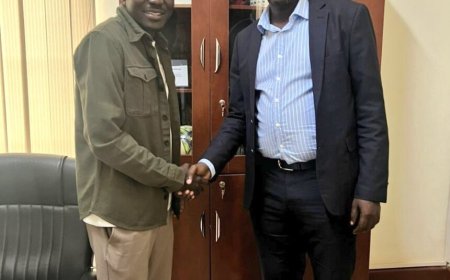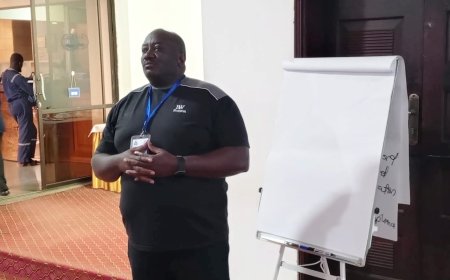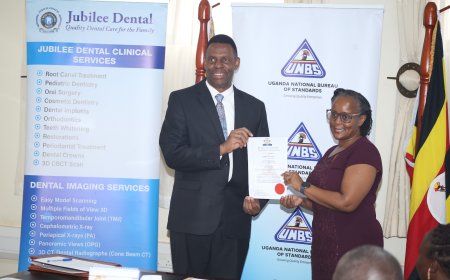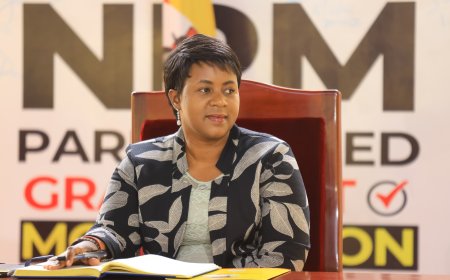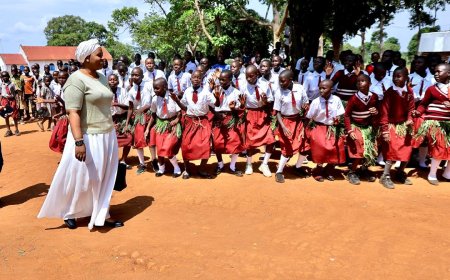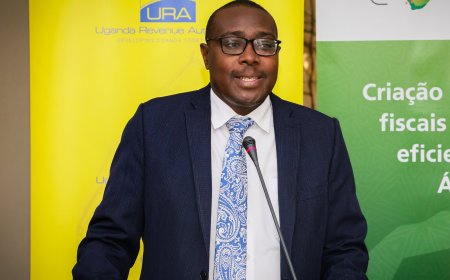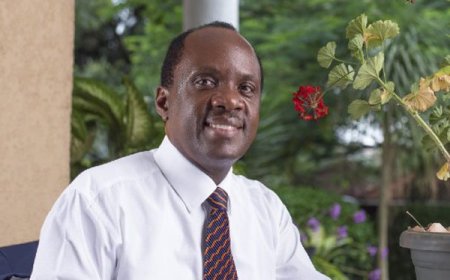UIPE Urges Africa to Prioritize Research and Innovation in Engineering
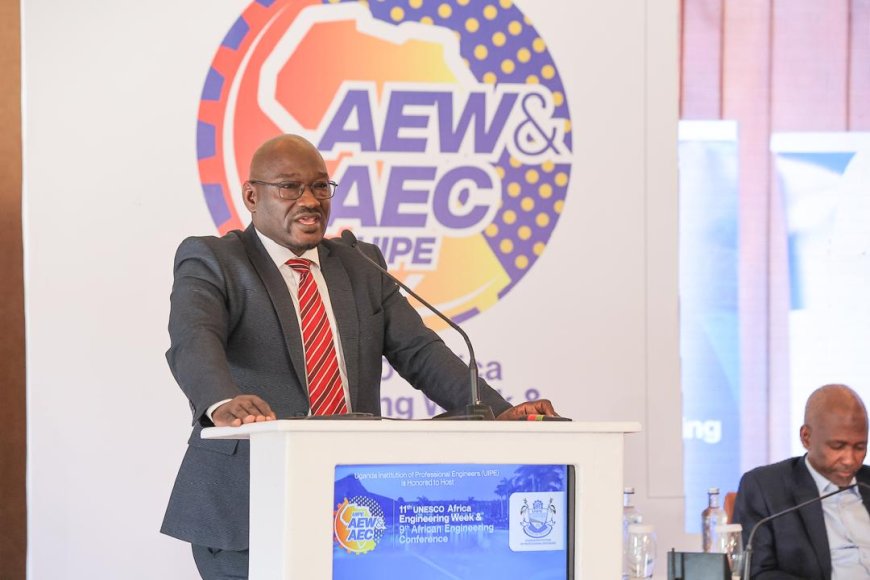
The Uganda Institution of Professional Engineers (UIPE) has called for stronger investment in research and innovation to accelerate Africa’s socio-economic transformation.
The appeal was made during the closing ceremony of the 11th UNESCO Africa Engineering Week and the 9th Africa Engineering Conference, held at Speke Resort Munyonyo from September 8–18.
Delivering the closing remarks, Eng. Bosco Lepi, President of UIPE, emphasized that research and innovation are indispensable if Africa is to remain competitive in the global marketplace.
“Engineers in Africa must commit more to research and innovation if the continent is to cope with the demands of the world market and achieve meaningful breakthroughs,” Eng. Lepi said.
He noted that engineering lies at the heart of Africa’s development challenges, from industrial growth and infrastructure expansion to technology adoption. Without deliberate investment in innovation, he warned, Africa risks lagging behind other regions.
Themed “Leveraging Engineering Innovations and Technology to Accelerate Africa’s Socio Economic Transformation,” the conference underscored the urgency of positioning engineering as a driver of sustainable development.
Organized by UIPE in partnership with UNESCO, the Federation of African Engineering Organisations (FAEO), and the World Federation of Engineering Organisations (WFEO), the event attracted hundreds of engineers, policymakers, academics, and industry leaders from across Africa and beyond.
The conference was officially closed by Hon. Eng. Hillary Onek, Minister for Relief, Disaster Preparedness and Refugees, who applauded UIPE and its partners for hosting a landmark event in Uganda.
“Engineering has historically driven industrial revolutions worldwide. Africa’s future growth depends on empowering our engineers with the skills, resources, and opportunities they need,” Hon. Onek remarked.
He further urged young Africans to embrace STEM education, stressing the importance of cultivating a new generation of innovators equipped to address Africa’s unique challenges.
Throughout the 10-day program, delegates engaged in technical sessions, exhibitions, workshops, and mentorship activities for young engineers and students. These sessions highlighted practical applications of science and technology, fostering knowledge exchange and capacity building.
The conference also showcased partnerships across sectors, with active participation from the Uganda National Oil Company (UNOC), Uganda Tourism Board, universities, and the Ministry of Science, Technology and Innovation.
Organizers emphasized the critical role of collaboration between government, academia, and industry in driving engineering-led solutions to issues such as climate change, infrastructure deficits, and sustainable energy.
Although the formal program concluded on September 18, international guests are scheduled to participate in post-conference tours across Uganda on September 19 and 20. The Uganda Tourism Board noted that these excursions aim to strengthen professional ties while showcasing Uganda’s natural attractions.
Participants hailed the conference as a resounding success, offering not only a platform for dialogue but also a commitment to action. By raising the profile of engineering and integrating STEM into education systems, the UNESCO Africa Engineering Week continues to inspire future innovators and affirm engineering’s role as a cornerstone of Agenda 2063 Africa’s blueprint for inclusive growth and self-reliance.















































